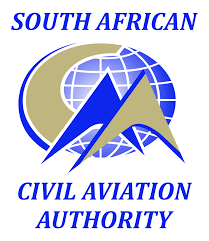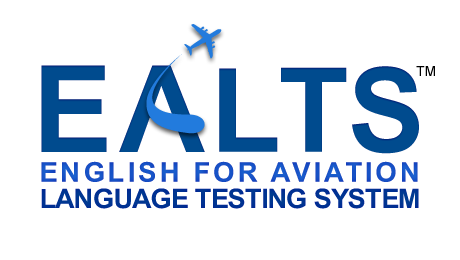Aviation English
Language proficiency and safety in aviation, one and the same
Safety in aviation means accuracy and good use of language. Clear communication is not only a critical component of the work of flight crew and Air Traffic Controllers, it is a requirement. Aviation professionals have to show a minimal acceptable level of English by doing a language proficiency test.
What is the Aviation English Language Proficiency test?
The Aviation English Language Proficiency is a standardised oral test which measures the language skills of flight crew and air traffic controllers. The test checks candidates’ speaking ability to use English within the context of aviation operations as well as their ability to listen to pilot and Air Traffic Controller exchanges. Test takers have to show that they can use language in ways that are expected in live interactions between pilots and ATCs.
How are you assessed?
Candidates are rated against the six test criteria are set out by ICAO.
- Pronunciation
- Structure
- Vocabulary
- Fluency
- Comprehension
- Interactions
What are the levels? How do I pass?
There are six levels of ability and the testing intervals are:
|
PROFICIENCY LEVEL |
PROFICIENCY TESTING INTERVAL |
|
Level 6: Expert |
Retesting not required |
|
Level 5: Extended |
Retesting required
every six years |
|
Level 4: Operational
(Minimum level) |
Retesting required
every three years |
|
Level 3:
Pre-operational |
Licence not
issued/maintained |
|
Level 2: Elementary |
Licence not
issued/maintained |
|
Level 1:
Pre-elementary |
Licence not
issued/maintained |
The minimum level of achievement is a Level 4: Operational. This shows that a candidate is able to maintain and understand a suitable level of spoken English within an aviation context. Candidates must achieve a Level 4 in each of the criteria in order to obtain a Level 4.
What does it mean to obtain a Level 4?
If you achieve a Level 4 it means that you meet the criteria at Level 4 and have achieved the holistic descriptors set out by ICAO. You can:
1. Communicate effectively in
voice-only (telephone/radiotelephone) and in face-to-face situations;
2. Communicate on common,
concrete and work-related topics with accuracy and clarity;
3. Use appropriate
communicative strategies to exchange messages and to recognize and resolve
misunderstandings (e.g. to check, confirm or clarify information) in a general
or work-related context;
4. Handle successfully and with
relative ease the linguistic challenges presented by a complication or
unexpected turn of events that occurs within the context of a routine work
situation or communicative task with which they are otherwise familiar; and Use
a dialect or accent which is intelligible to the aeronautical community.
What is the test format?
At International House Johannesburg, the test is a 20-25 minute interview with a Subject Matter Expert (a pilot). A language expert will also be present to assess you. In the interview, you will: talk about your experience / interest in aviation; answer questions about aviation operations and procedures; describe a picture of an emergency situation and speculate about the causes of the incident; do a role-play; listen to radio exchanges and answer questions about the recordings.
How do I prepare?
International House Johannesburg provides English language tuition for pilots and air traffic through General English courses and focused test preparation.
What level of English do I need?
Candidates who have achieved an Upper-Intermediate level of English in International House English courses can prepare themselves for the test.
For more details on English training or to register to take the Aviation English test, e-mail aviation@ihjoburg.co.za or phone +27 11 339 1051.
International House Johannesburg is a recognised Test Centre and registered Aviation Training Organisation (SACAA/1142/ATO).




